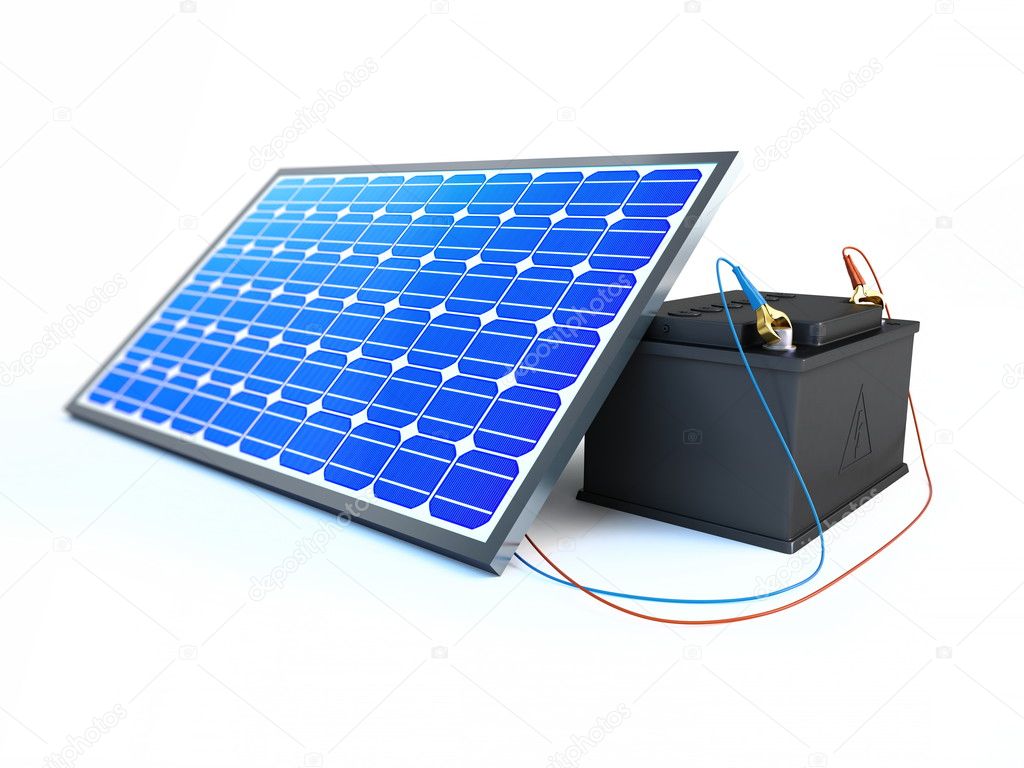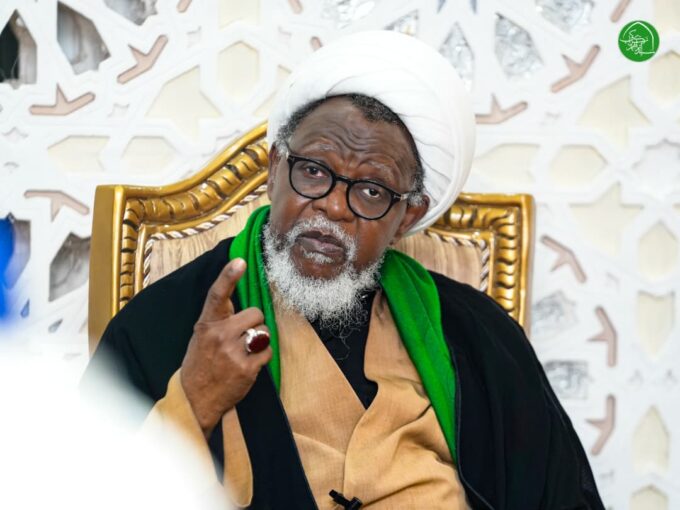In a major step toward energy independence, the Federal Government has announced plans to domesticate the production of lithium batteries and solar components, leveraging the country’s vast mineral resources to build a robust renewable energy ecosystem.
Dr. Mustapha Abdullahi, Director-General of the Energy Commission of Nigeria (ECN), revealed the initiative during the launch of a mobile solar generator and the Green Skills Bootcamp in Abuja. He emphasized that Nigeria’s widespread lithium deposits provide a strong foundation for local production.
“Nigeria is very rich in mineral resources, including lithium in almost every state. The government is taking steps to localize and domesticate our technology. Very soon, we will stop importing lithium batteries and solar panels because we will be producing them here,” Abdullahi stated.
He further disclosed that the government has signed investment agreements with LONGi, the world’s largest solar component producer, to establish factories in Nigeria. This effort aligns with President Bola Tinubu’s commitment to ensuring 30% of Nigeria’s energy mix comes from renewable sources.
The event also featured the unveiling of a youth-focused initiative by CitiBIM Nigeria Ltd, designed to accelerate the country’s shift to renewable energy through digital innovation. The Green Skills Bootcamp will train young Nigerians in AI, geo-intelligence, virtual reality, and sustainable energy solutions.
Dr. Abdul-Quayyum Gbadamosi, CEO of CitiBIM, highlighted the dual challenge of energy access and skills shortages: “Nigeria struggles with energy access. Generators are common in households and businesses, so our team took up the challenge of creating a solution — the mobile solar generator we are launching today. We also faced a shortage of local skills, which inspired us to organize this bootcamp to equip youths with opportunities in sustainability, the green revolution, energy access, and the digital economy.”
Jide Awolowo, Investment Facilitation Coordinator of the Presidential CNG Initiative, outlined progress in expanding cleaner energy alternatives: “When we came in, Nigeria had about 11 CNG fuel stations. Today, there are over 60, and by the end of the year we expect 175 more. We have also attracted over $1 billion in private sector investment and aim to convert about one million vehicles to CNG by 2027.”
Also, Dr. Oladimeji Olawale, Managing Director of Sleekabyte Technologies UK Limited, introduced the Robo Boats project aimed at supporting MSMEs by reducing reliance on diesel generators.
“Our solution will cut costs for businesses and increase their profitability. Beyond that, it will also create jobs, as people will be trained with the right skills to maintain and deploy these solutions,” he said.















Leave a comment